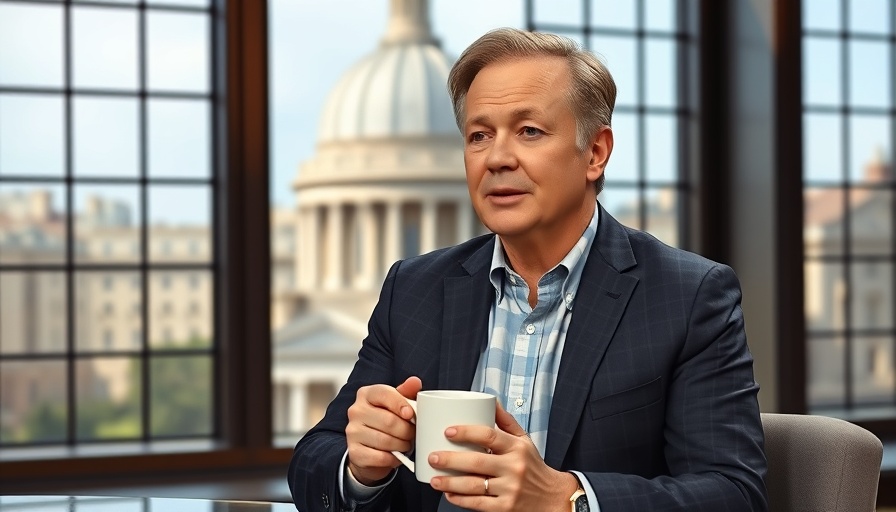
The Global Financial Landscape is Shifting
The recent BRICS summit in Rio de Janeiro has raised eyebrows, as it signals a pivotal shift in the global economy. Countries traditionally allied against the United States—namely Russia, China, and Brazil—are convening to discuss the potential decline of the U.S. dollar as the world’s reserve currency. In light of America's vast national debt and recent inflation, there’s growing sentiment that nations should seek alternatives to the dollar.
In 'The Hidden Agenda Unfolding in Rio—Is This the End of the Dollar?', the discussion dives into the emerging financial landscape and the role of transactional gold, sparking deeper analysis on our end.
The Rise of Transactional Gold: A Game Changer?
Emerging from this summit is a more robust discussion on monetary systems that incorporate transactional gold. As shared by commentators, states like Florida and Texas are paving the way by legalizing the tendering of gold and silver as currency. Imagine a credit card that allows users to transact using gold instead of dollars—this could fundamentally change how commerce is conducted, offering a hedge against the volatile dollar.
The BRICS Agenda: Restructuring Economic Power
The BRICS nations seem intent on challenging U.S. hegemony by creating a new, non-dollar financial system. Analysts suggest that the collaboration is not merely a reaction to America’s policies but also a calculated strategy to enhance economic sovereignty. The idea of an international financial system devoid of dollar dependencies has been in the works for over a decade and appears to be nearing fruition.
Trust in a Multi-Polar World
In discussions about the BRICS summit, a significant point emerges: trust is a key determinant in which currency nations choose for trade. The dollar, although currently the strongest option, faces challenges as countries seek alternatives to avoid repercussions that come with American fiscal policies. Insights point toward gold becoming a universal store of value as countries stockpile central bank gold, effectively sidelining the dollar.
What This Means for American Citizens
For many Americans, these developments could signal a need to rethink personal finance strategies. With inflation eroding savings, the call for diversification—especially into tangible assets like gold—is louder than ever. Instead of being passive observers, individuals are encouraged to act. By understanding these shifts in global finance, we can position ourselves to safeguard our financial futures.
As we look at the prophetic implications of these changes, signs point to a greater need for discernment and preparedness as we navigate an uncertain future.
 Add Row
Add Row  Add
Add 




 Add Row
Add Row  Add
Add 

Write A Comment